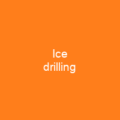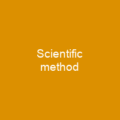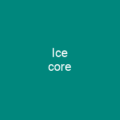Wim Hof is a Dutch extreme athlete noted for his ability to withstand freezing temperatures. He has set Guinness world records for swimming under ice and prolonged full-body contact with ice. He still holds the record for a barefoot half-marathon on ice and snow. He attributes these feats to his Wim Hof Method, a combination of frequent cold exposure and breathing techniques.
About Wim Hof in brief

In February 2009, Hof reached the top of Mount Kilimanjaro within two days wearing only shorts and Shoes. In September, he ran a full marathon in the Namib Desert without water, under the supervision of Dr. Thijs Eijsvogels. Hof markets a regimen, the Wim Hof method, created alongside his son Enahm Hof. The method involves cold therapy, breathing, and meditation, and has similarities to Tibetan Tummo meditation and pranayama. Preliminary and proof-of-principle studies of Hof’s method have shown that hyperventilating can temporarily suppress the innate immune response as well as temporarily increase heart rate and adrenaline levels. However, the broader medical claims made by Hof, such as the treatment of cancer and auto immune disease, have not been validated by any rigorous peer reviewed research.
You want to know more about Wim Hof?
This page is based on the article Wim Hof published in Wikipedia (as of Dec. 08, 2020) and was automatically summarized using artificial intelligence.







